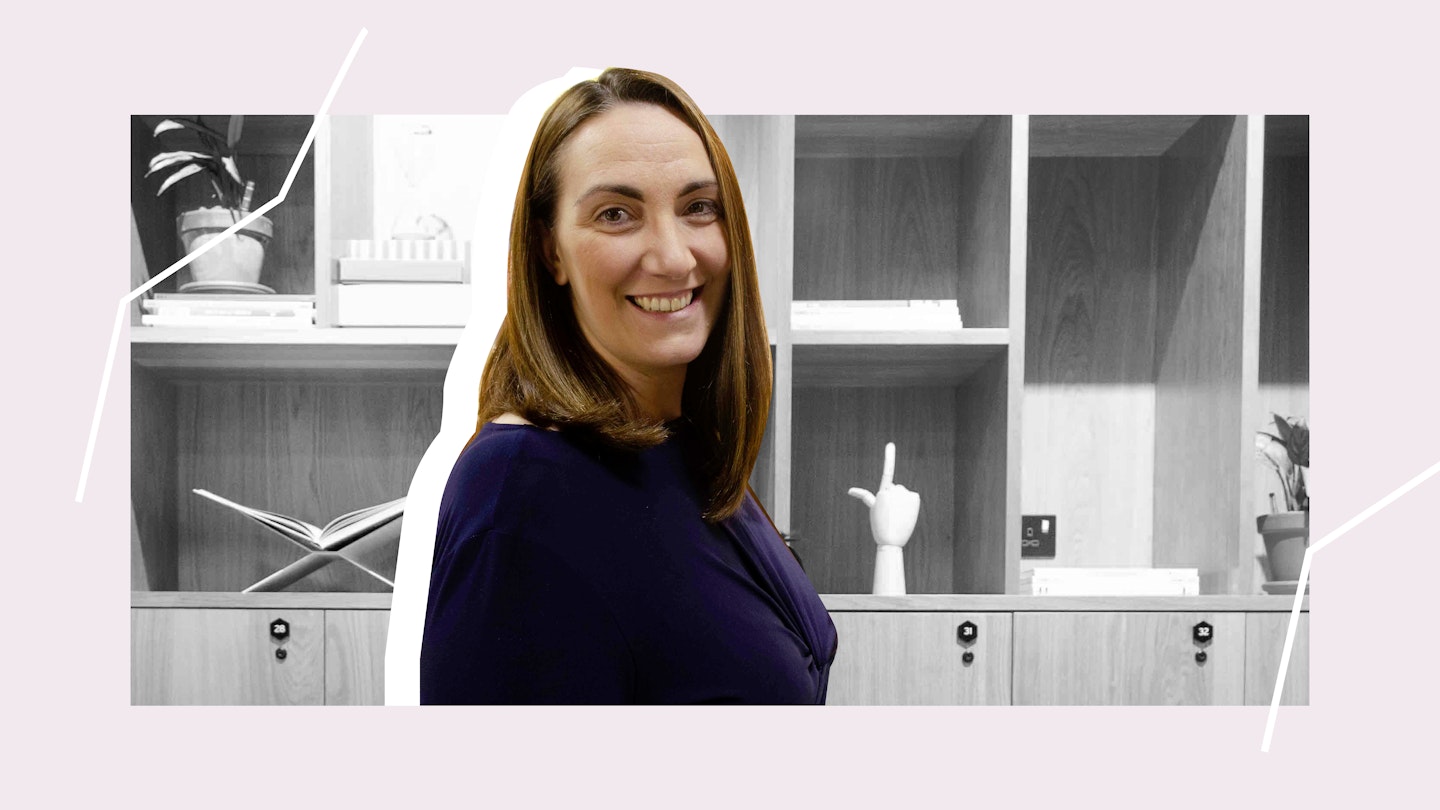‘We put people in boxes, don’t we?’, Tabitha Morton tells me on a rainy afternoon in Camden. ‘I grew up in North Liverpool on a council estate so even at 10 years old there was a narrow perception of what I could be when I grew up.’
Morton, it turns out, has proven the antithesis of that sentiment. As a young working class woman from Netherton, no one would have expected her to become CEO of More United, a political movement with more than 150,000 members which aims to fight tribalism in politics by facilitating cross-party negotiations.
She has united MPs on issues such as violence against women, mental health, the NHS and education. In fact, the network has proven so successful that More United’s membership numbers aren’t far off those of Conservative Party, who have just 30,000 more (180,000 as of July 2019.) Members are given a louder voice in politics with a chance to talk to different MPs and support those among More United’s network – currently, 59 MPs who have promised to work cross-party to get real issues heard.
Last year, a More United campaign helped facilitate vital changes to the government’s immigration policy. ‘We got Conservative, Labour and Lib Dem MPs together to look at how we could tackle the beliefs around immigration and we reached some really good consensus,’ Morton says. Because of that, the government lifted the tier two immigration camp – which made it difficult for non-EU NHS doctors and nurses to work in the UK. They also froze NHS fees for young people who had moved to the country as children and spent over half their lives in the UK – who were previously facing a ‘double tax’.
In the same year, More United ran a campaign to restore the £2.6 million Access to Elected Office Fund, which enables deaf and disabled candidates to run in elections. ‘Its expensive to run as a candidate in general but far more expensive if you need extra support,’ Morton tells me. And yet, the fund had been out of use and under review for three years before More United got involved, leaving thousands unable to participate in our democracy.
‘You would think that should of just happened,’ she continues, ‘but it’s those things that don’t happen unless you get the right people together.’
Getting the right people together means reaching out to their network of MPs. Morton hopes to double that network in size - from 59 to 120 MPs - in the 12th December General Election.
‘We don’t have a manifesto, all the MPs have to do is sign up to our values and the fact that they will work cross party,’ says Morton. ‘You have some tricky conversations, but we naturally attract people who are sick of the old tribal way of politics. They don’t want to leave their party because they believe ideologically in many of their issues, but they know there’s more ideas out there.’
In return for their support and willingness to negotiate across parties, More United helps fund the MPs election campaigns and provide them with support in the form of volunteers. Ultimately, it means that MPs are rewarded for simply working together, which is essential at a time when UK politics is so intensely divisive. Plus, that tricky fact that no one party has a clear majority in the House of Commons.
It’s attitudes like Morton’s that enable our government to stop wasting time arguing and actually function, getting legislation passed and real changes made. But given just how tribal party support has become, whether you sit on the left or the right, and coming from Liverpool herself – a huge Labour stronghold – what made her so amenable to compromise?
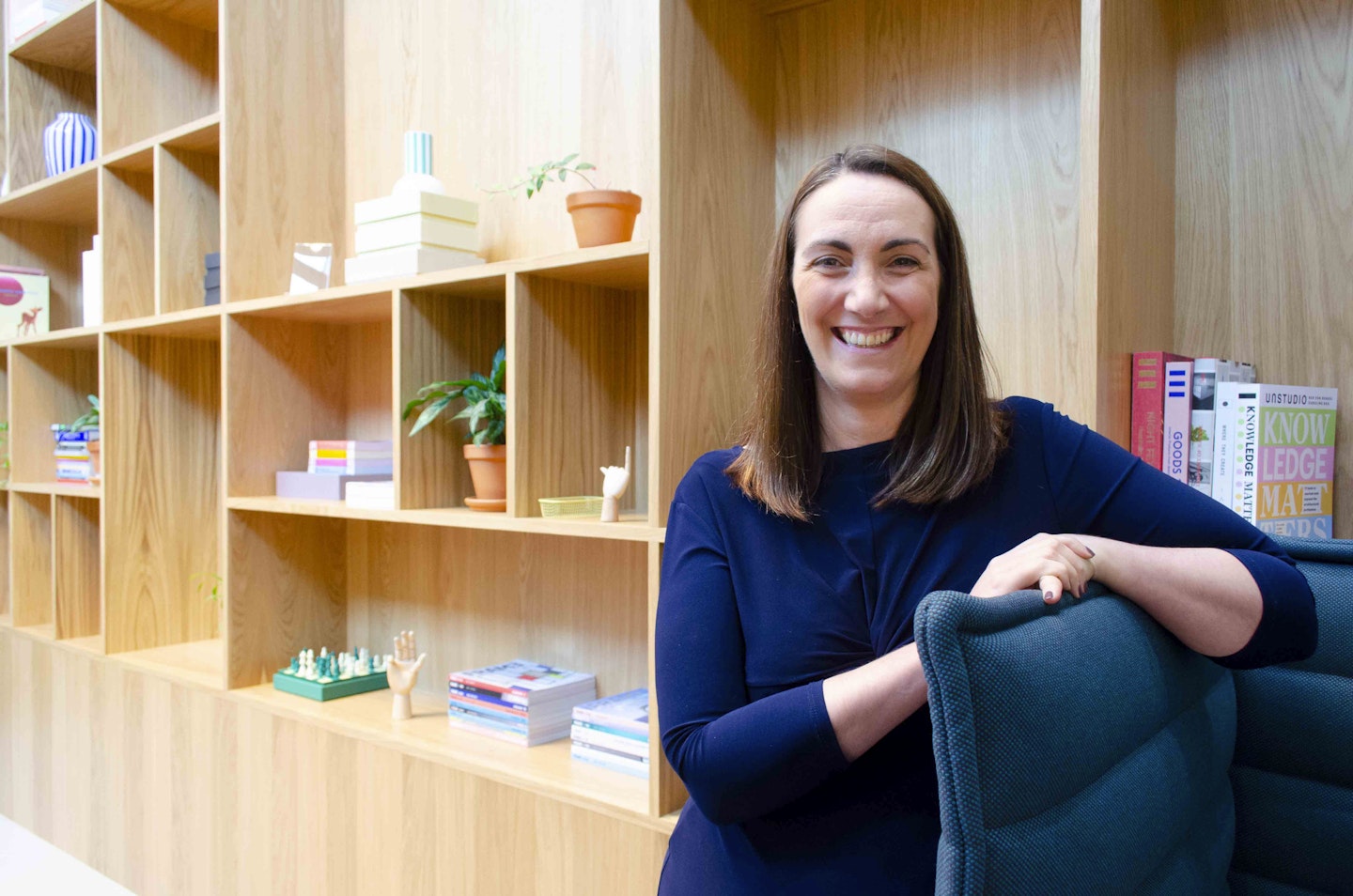
It turns out, it was seeing just how being in the room – regardless of who you’re representing when you’re in there – that can create real change.
‘I ran for Liverpool City Region Mayor in 2017 on behalf of the Women’s Equality Party,’ she says. ‘And I knew I was running in a Labour stronghold, it would be very difficult to actually win, so I ran on an agenda to end violence against women and girls in order to raise awareness of that.
‘Every single event, every piece of press, every time I met the other candidates that’s all I spoke about,’ she continues. ‘The Labour candidate Steve Rotherham was elected and two weeks later he phoned me up and said “okay, you’ve talked non-stop about this, come and help me write the strategy and do what you want to do”.
In politics, there's big P of getting elected, but there’s also a smaller P of bringing politicians together
‘In that moment I realised there was a different way of doing politics to what I always thought. There’s winning of course, the big P of getting elected, but there’s also a smaller P of bringing politicians together.’
By being in the room with people who can make change, Morton had managed to convince them of the importance of tackling violence against women and girls. And so, when More United scouted her for the CEO role, she jumped at the chance to create these conversations on a daily basis.
‘In general, we know that if you want to come up with a good idea you get the best brains in the room,’ she says. ‘Yet, in politics we say, “if you haven't got a blue rosette or a red rosette on, you can't come in the room”. Our country is made up of so many different ideas and people, and yes there's extremes on the left and right but, if we only ever let one colour rosette in at any one time, and never want to think of anyone else’s ideas, we’re only going to get more polarization - that’s what we’ve seen over the past three years. ‘
It’s the very principle that our democracy is based on, and yet as Morton says, we seem to have lost sight of the idea that democracy is about sharing and collaborating, not fighting so hard in support of one party that only their voice is heard.
Perhaps winning, in politics then, is not necessarily where the power lies. While we’ve been watching Jeremy Corbyn and Boris Johnson battle it out on TV, while we’ve seen our MPs drag each other in the press, Morton and her movement have been quietly getting on with the job at hand.
‘Power to me is only useful if it’s used for the greater good,’ she says. ‘If you get power for powers sake, yeah you might make yourself wealthy, but if you use power to actually make some real changes to that the furthest in our communities are supported, that’s something quite wonderful.’
To find out more about More United, click here.
Read More:
It's Fine To Be A 'Political Outsider' If You're A White Man - The Rest Of Us Don't Have That Luxury
Click Through: Inspiring female MPs to know about...
Inspiring Female MPs - Grazia (slider)
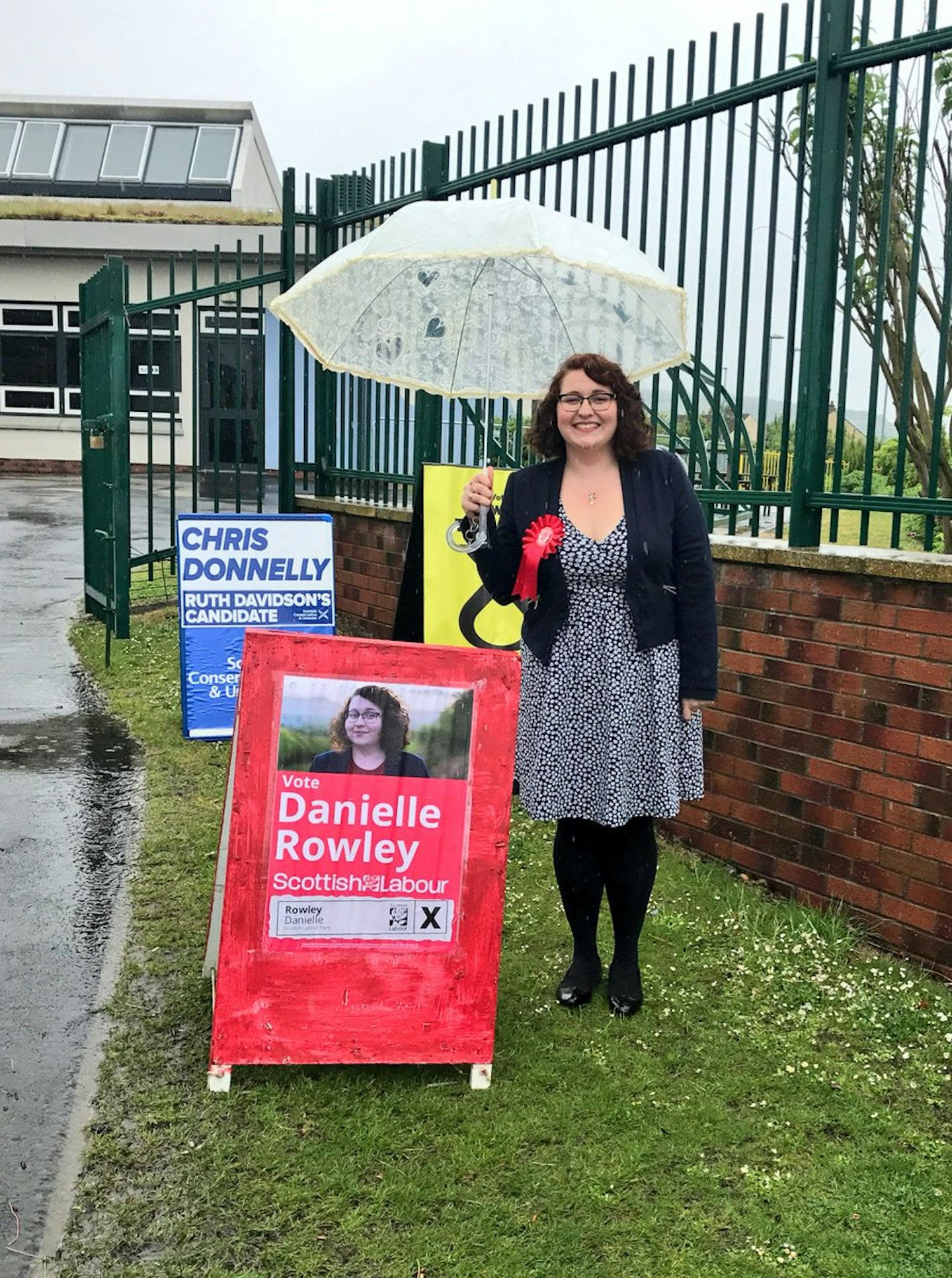 1 of 10
1 of 10Danielle Rowley, 28, Midlothian Scottish Labour MP
Speaking about her groundbreaking announcement, Danielle perfectly highlighted just how ridiculous it is that it's even a taboo to mention your period. She said on Twitter:'A lot of unexpected coverage of me talking about my period - which is great, but also highlights the need to talk about periods more openly.A woman mentioning her period shouldn't be such huge news - let's use this opportunity and work together to get to a place where it's not!'
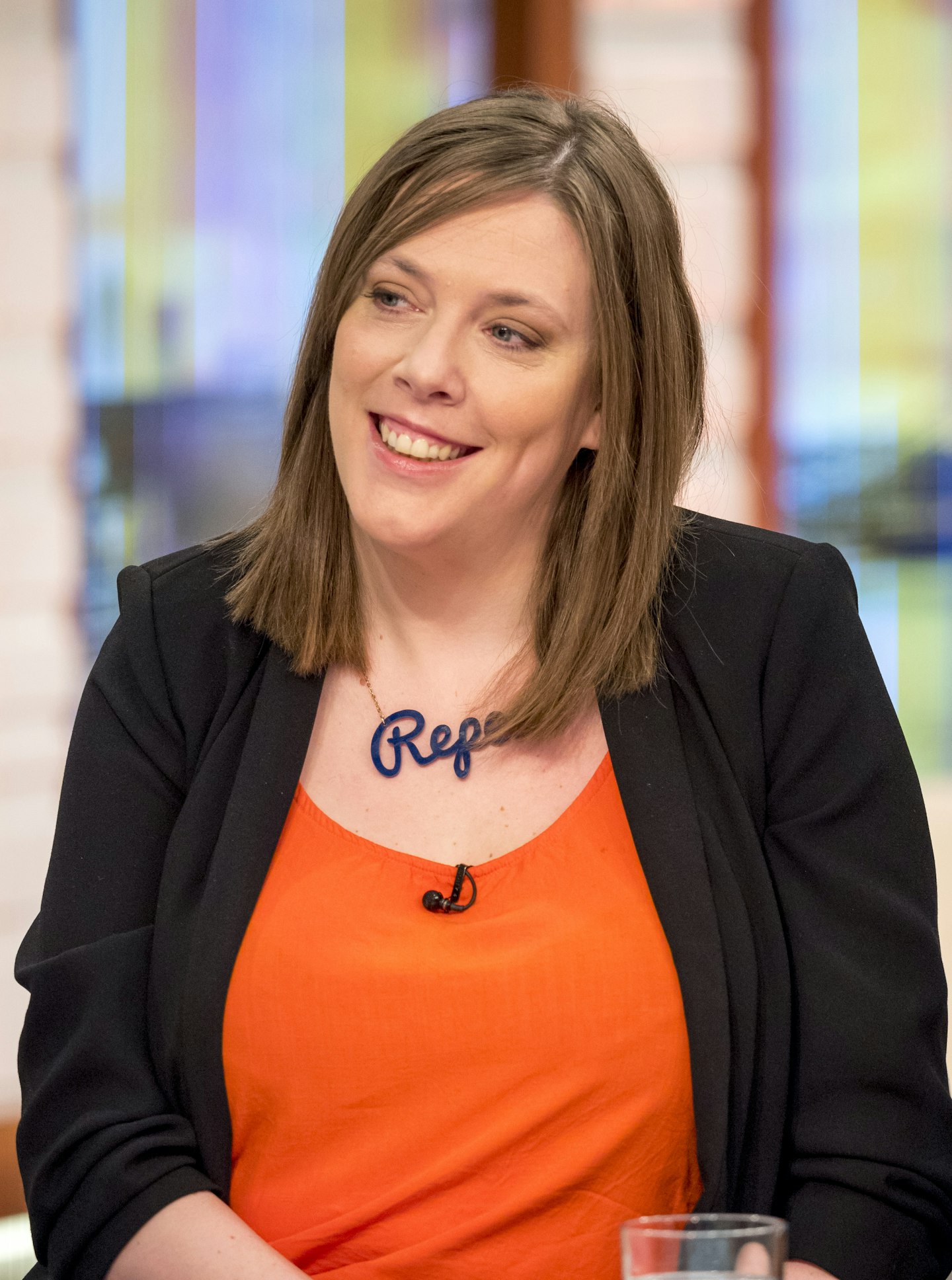 2 of 10
2 of 10Jess Phillips, 36, Birmingham Yardley Labour MP
Jess brought social media trolls to account when she called for those who post abusive messages online to lose their anonymity. The MP told parliament that she once received 600 rape threats in one night and is threatened with violence and aggression every single day online. The online community is so hostile towards women that Amnesty International have led a campaign calling for Twitter to take greater responsibility for preventing online abuse. Jess told the House of Commons that people should have to disclose their real identity to social media platforms, with hope that it would not only deter people from abusing women online but also enable us to hold them to account.
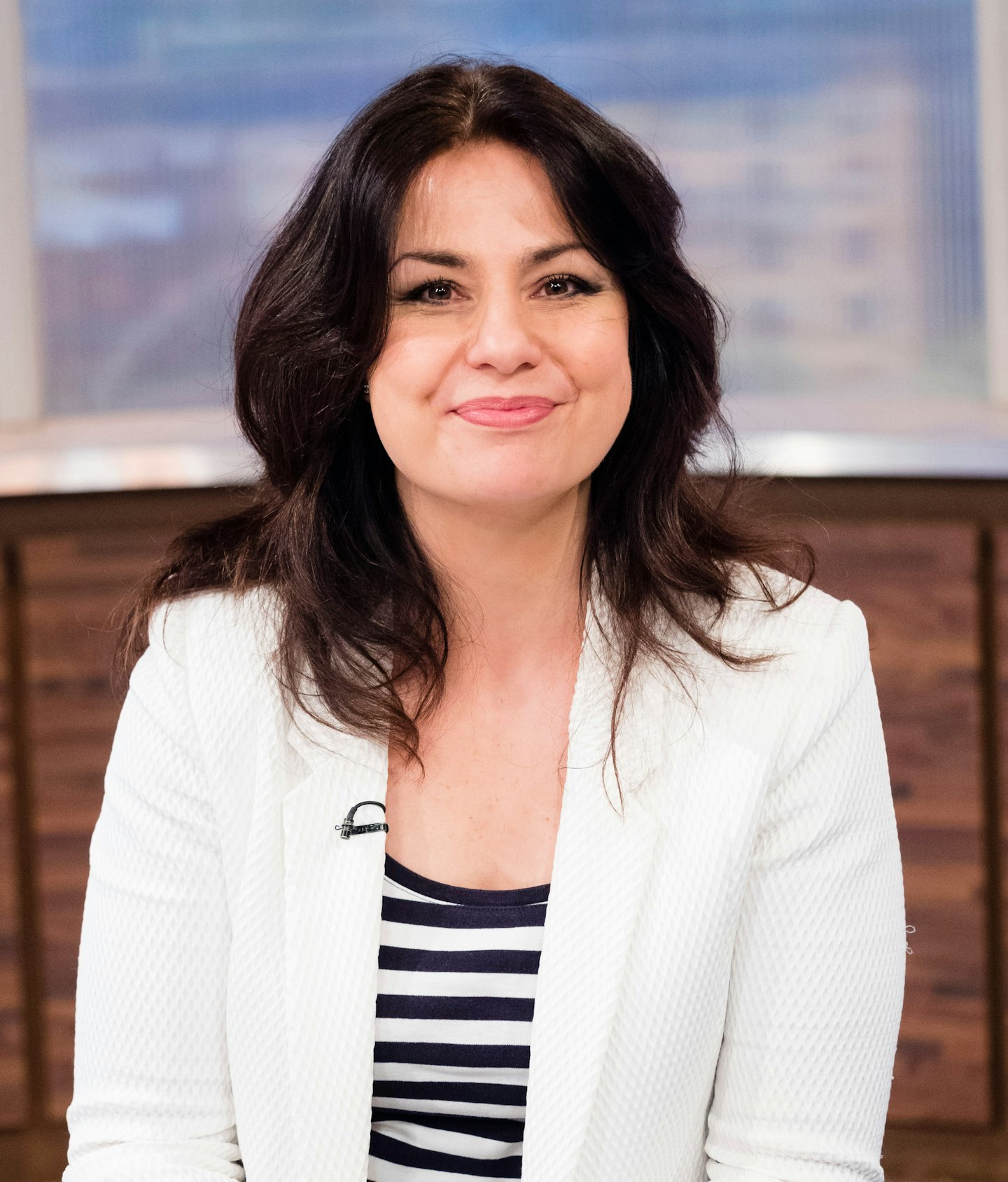 3 of 10
3 of 10Heidi Allen, 43, South Cambridgeshire Conservative MP
Heidi, alongside Jess Phillips, shared an emotional account of her own abortion with parliament earlier this month. In an attempt to reform Northern Ireland's abortion laws, she told the Cambridge independent that she felt she needed to share her story:'I had intended to say it because I had a feeling nobody else would.'I thought it probably needed saying.'I suppose it is very easy to make issues like that just about procedure and legislation and words and policy but, actually, it is about people's lives.'Jess Phillips too opened up about her own abortion, also sharing harrowing stories from women in Northern Ireland who had terminated pregnancies.
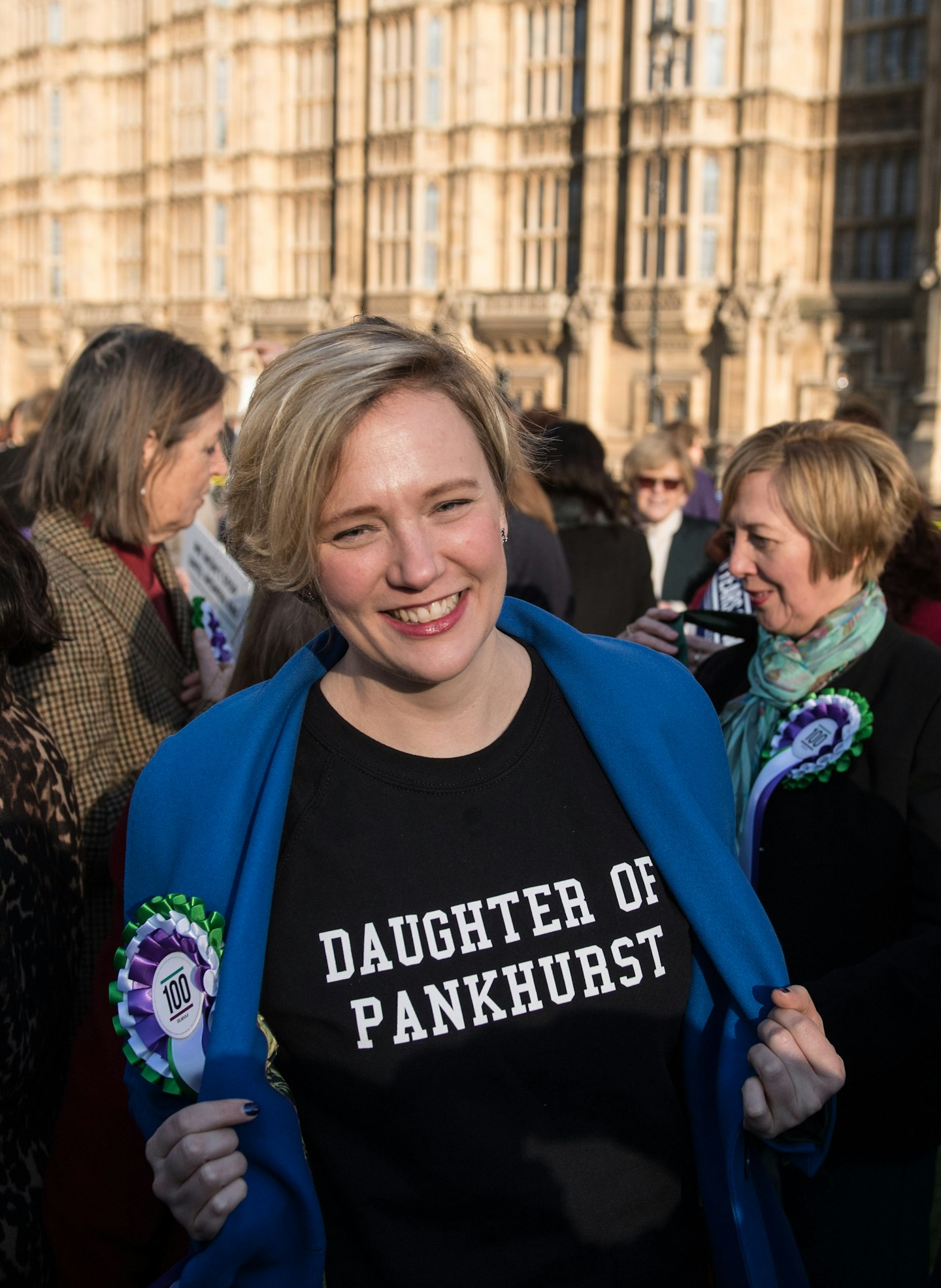 4 of 10
4 of 10Stella Creasy, 41, Walthamstow Labour MP
The original lead of cross-party calls for Northern Ireland's abortion laws to be brought in line with the rest of the UK's, Stella received tons of hate mail over her campaign to protect women's right to choose. It was in her call for debate over abortion that Heidi Allen and Jess Philips were able to talk about their own terminations.
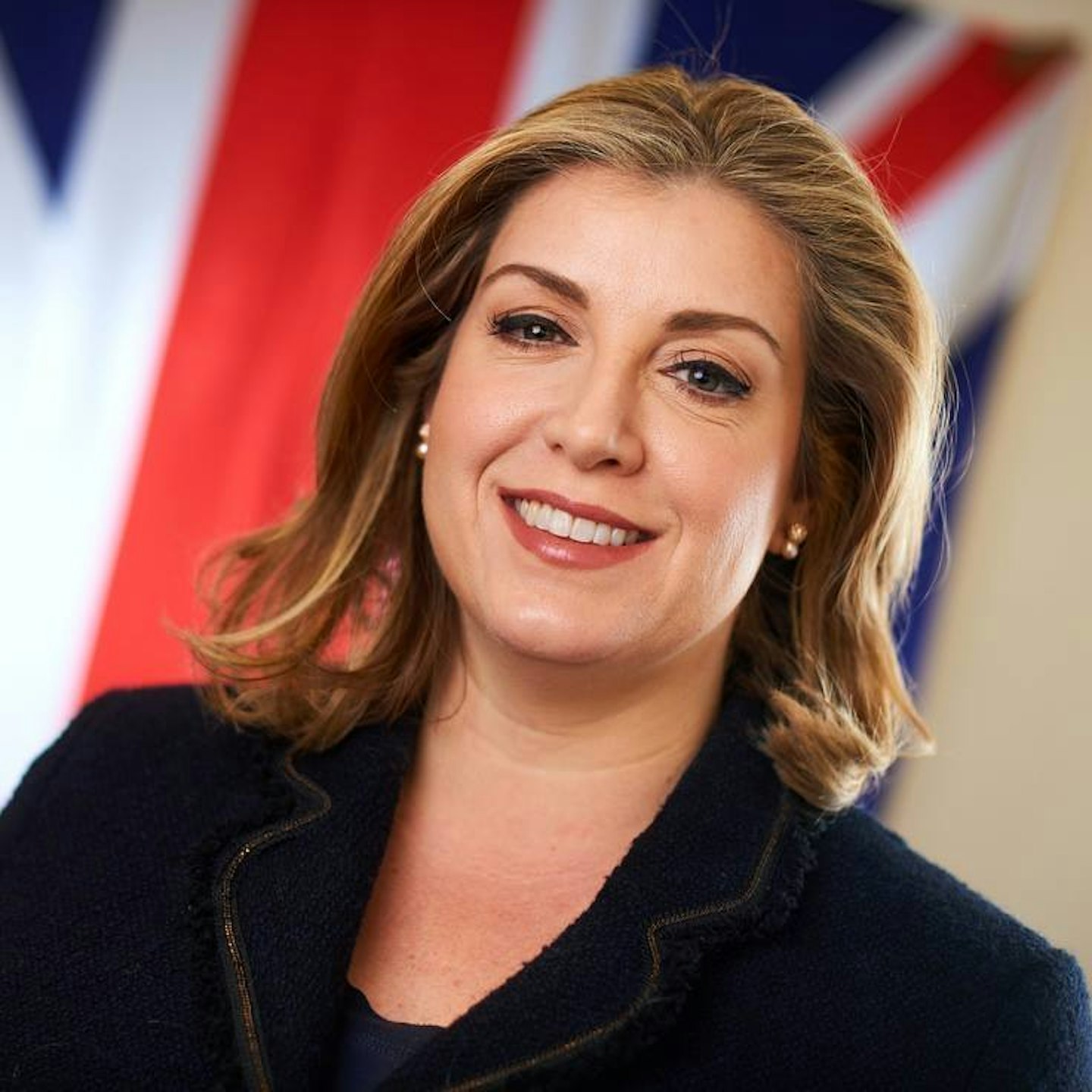 5 of 10
5 of 10Penny Mourdant, 45, Portsmouth North Conservative MP
The Minister for Women and Equalities, Penny Mourdant launched the National Action Plan on Women, Peace and Securitywhich calls for more women to be at the centre of the DFID's peace, security and humanitarian programmes. As secretary of state for international development, she has attempted to reform the aid sector by creating an independent safeguarding unit that prevents exploitation. This comes in the wake of a series of sex scandals against leading charities earlier this year.
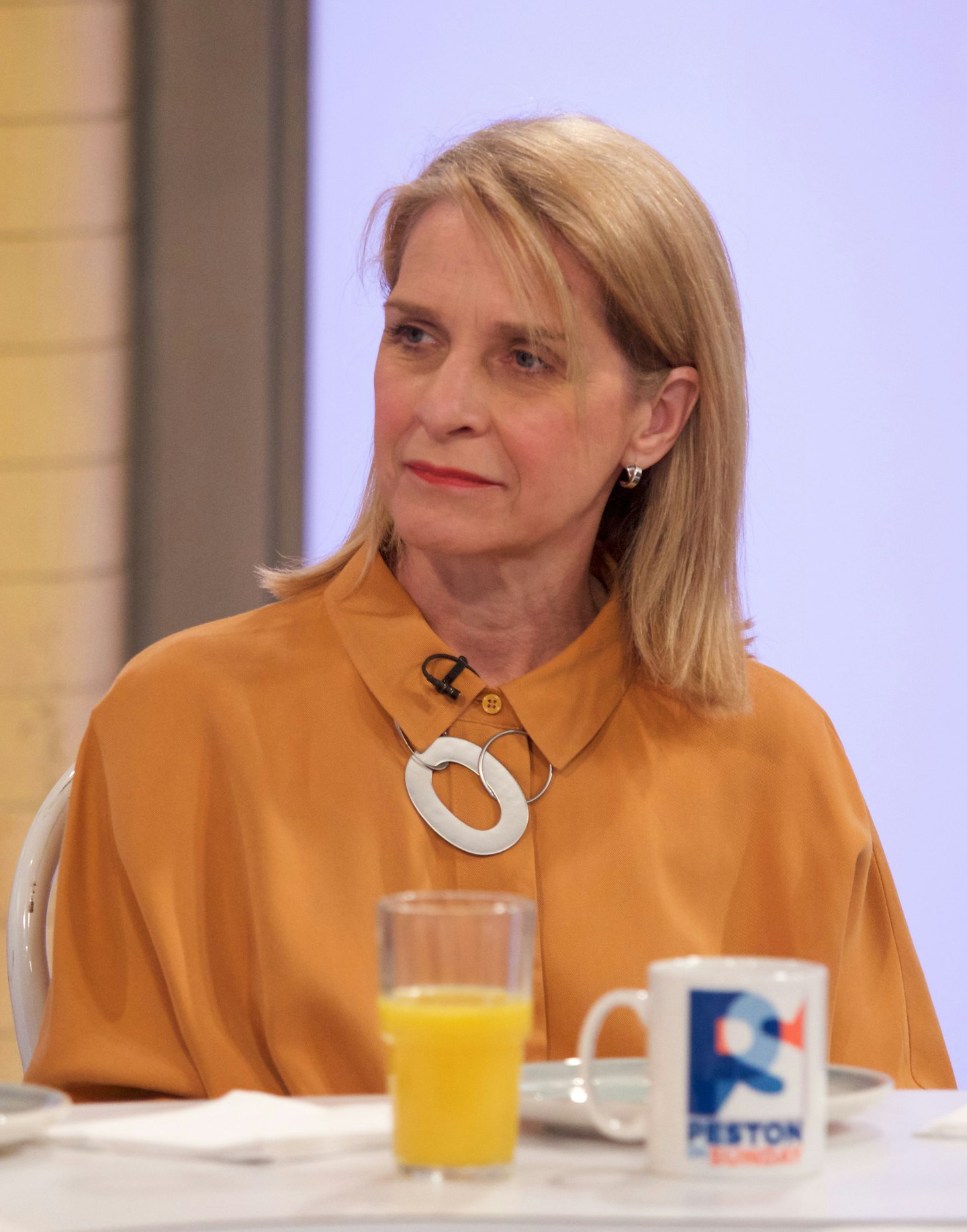 6 of 10
6 of 10Wera Hobhouse, 58, Bath Liberal Democrat MP
Wera Hobhouse brought Gina Martin's upskirting campaign to parliament as a private members bill set to outlaw the vile crime. While the bill was subsequently blocked by two male MPs, a third reading of the bill is set to continue on the 6th of July with Gina stating 'the Government Bill will become law as it'll get through the later stages more quickly and won't be objected to.'
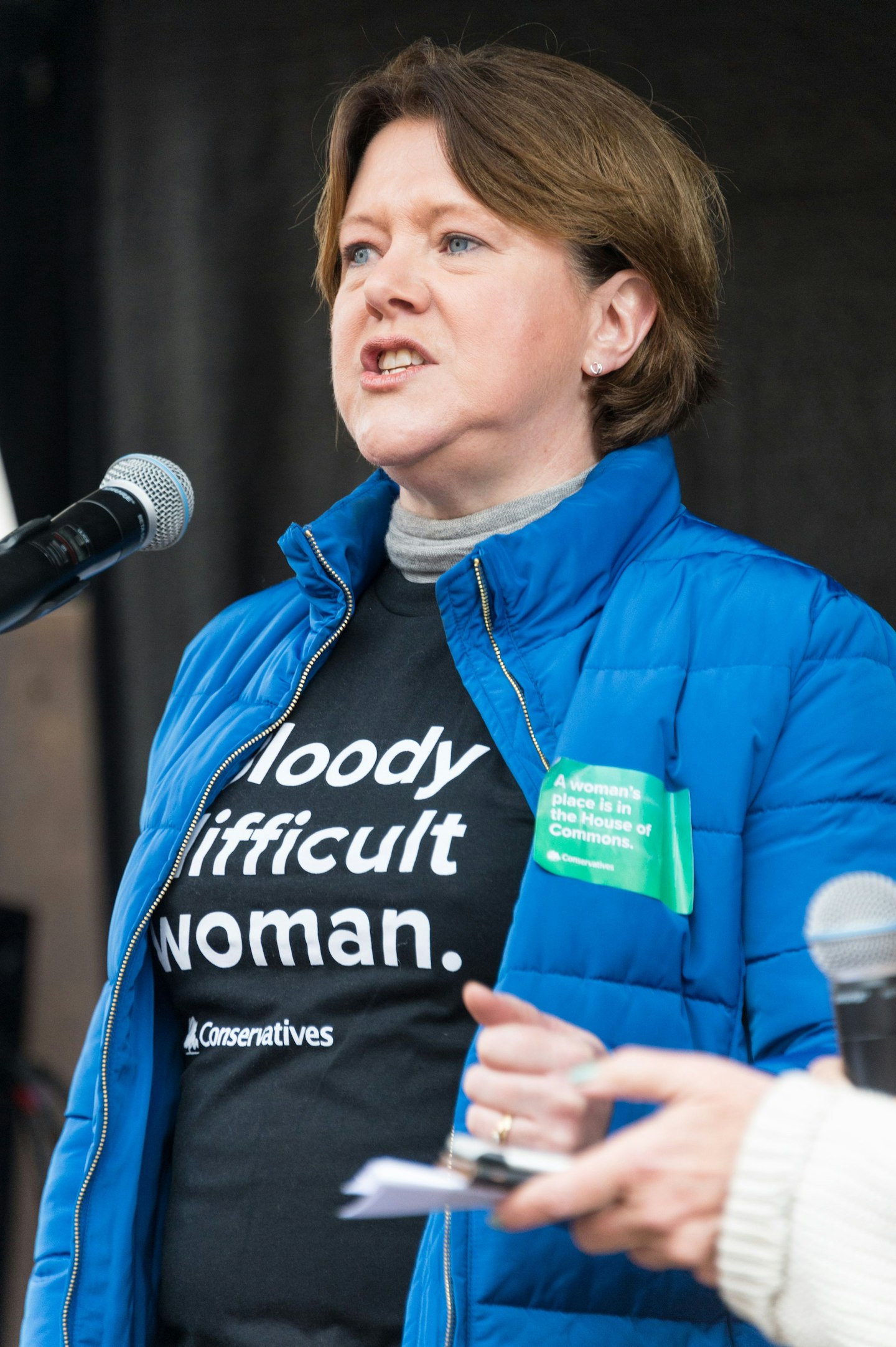 7 of 10
7 of 10Maria Miller, 54, Basingstoke Conservative MP
It was off the back of the upskirting bill that Maria Miller and Jess Phillips have met with Wera Hobhouse in an attempt to include a revenge porn amendment. It would ensure there was a blanket ban on voyeuristic images regardless of the intention in taking it, as the MPs feared people would attempt to bend the wording of the upskirting law to avoid conviction by arguing they took the image with no intention of causing distress. They also wanted to introduce an amendment that would ban false pornographic images, in which faces are photoshopped onto explicit images. However, they were told it was impossible to introduce further amendments. This comes after Love Island stars Zara McDermott and Laura Anderson became victims of revenge porn this week.
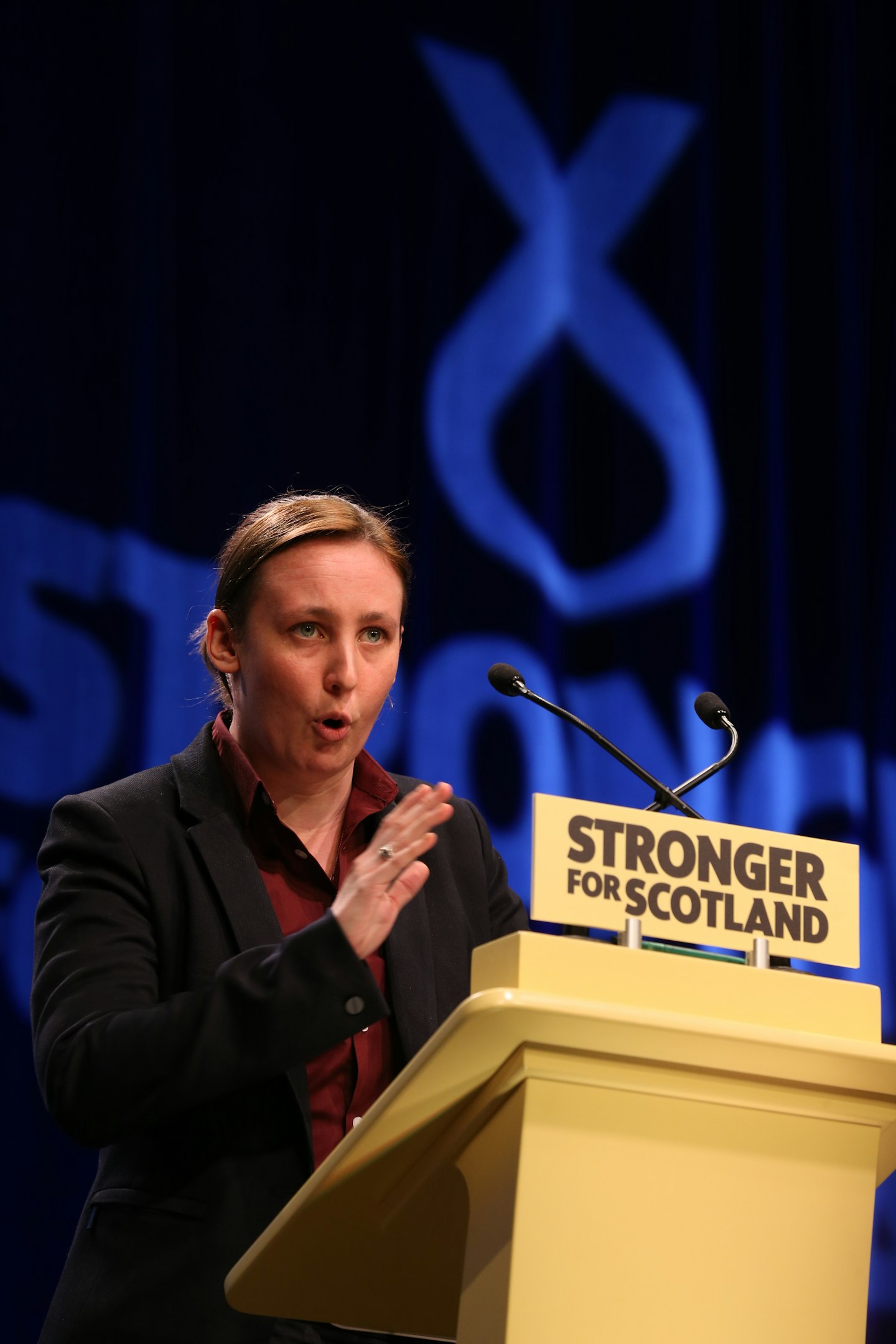 8 of 10
8 of 10Mhairi Black, Paisley and Renfrewshire South SNP MP
As part of the discussion about classing misogyny as a hate crime, Mhairi Black spoke out about the misogynistic and homophobic abuse she receives online every day. She also asked parliament to reflect on their own environment, stating, 'Only a few weeks ago I was physically pressed up against a Member (of Parliament) in the voting lobby who is accused of sexual misconduct because there's so little room.'Acknowledging she has the 'same right and influence as any other elected man', she spoke up for the female staff who aren't in her position.
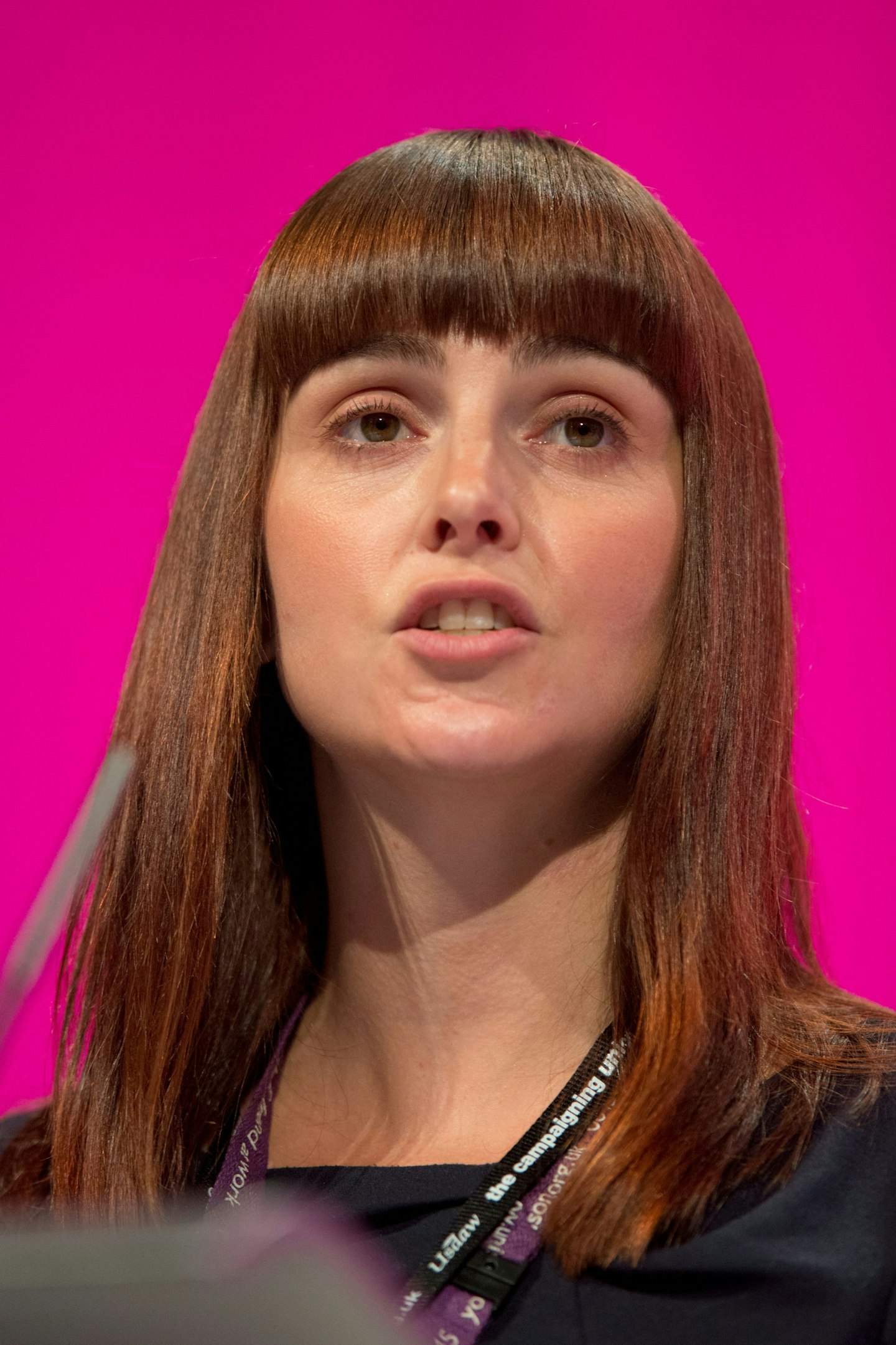 9 of 10
9 of 10Melanie Onn, 39, Great Grimsby Labour MP
Leading the charge to make misogyny a hate crime, Melanie highlighted the 'link between low-level harassment of women and more serious sexual assaults' that was found by Westminster's all-party group on domestic violence. In her constituency, the rate of domestic violence is particularly high. As a result, she has called for a law change to have misogynistic acts such as wolf-whistling, leering and sexual comments in public to be made a criminal offence.
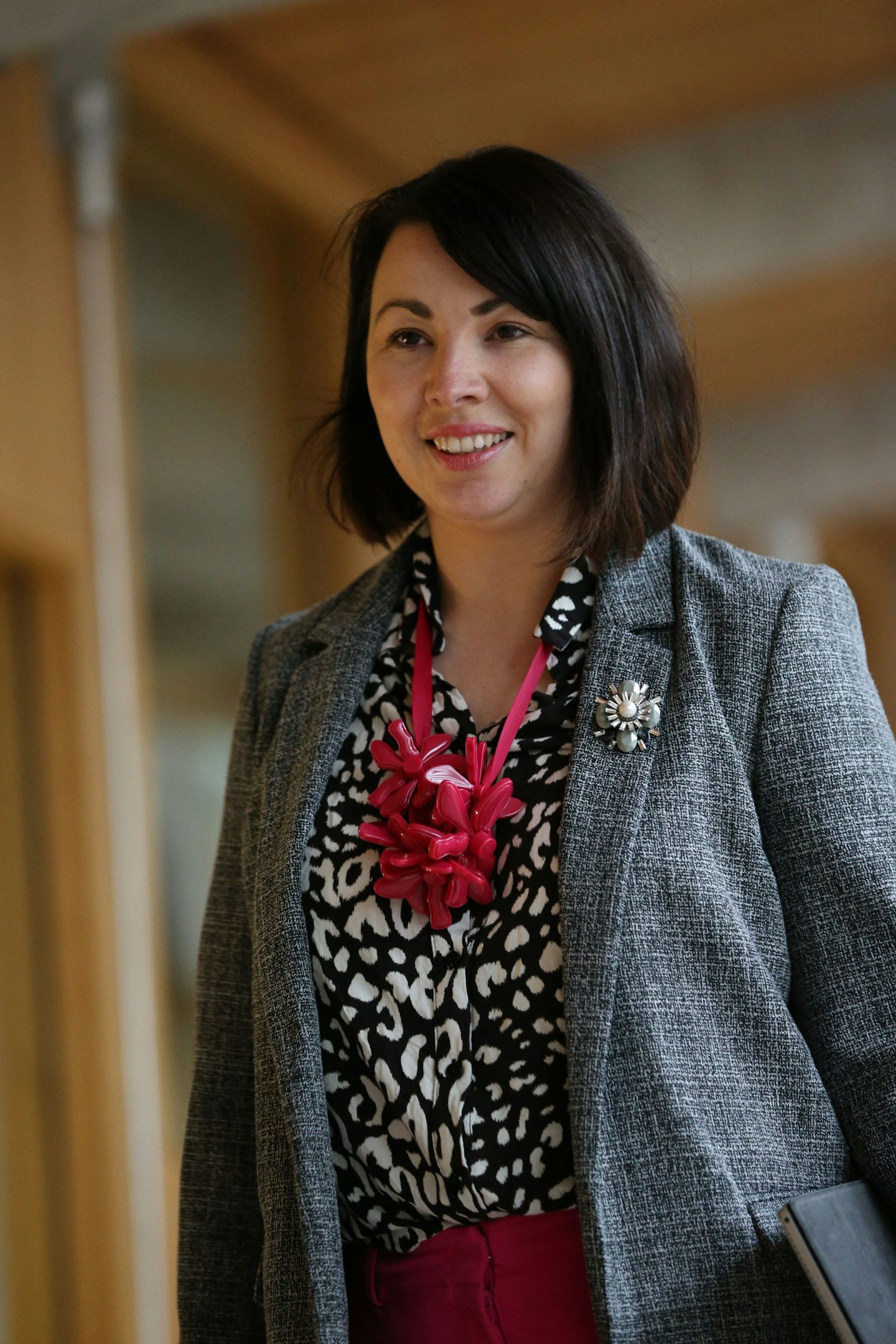 10 of 10
10 of 10Monica Lennon, 37, Central Scotland Scottish Labour MSP
Monica introduced a Member's Bill into Scottish parliament that would see the creation of free universal access to sanitary products. Proposing also that schools, colleges and universities provide free sanitary products in their toilets, she led the campaign that stands to end period poverty in Scotland.
